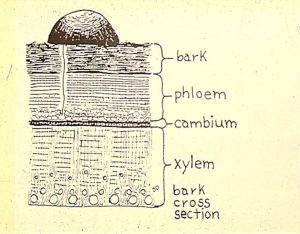Last Friday, Governor Murphy announced that the State has reached the goal of having 70% adults fully vaccinated. Meanwhile, many areas across New Jersey still see vaccination rate below 70%. In addition to the Atlantic City rodeo event announced yesterday, the NJ Dept of Health shared these additional vaccination events/sites that will occur throughout the state this weekend:
- The Mobile Command Center (vaccination van) will be in Irvington on Saturday 6/26, at Irvington Park, Lyons Avenue and Grove Street, from 10:30AM to 1:30PM
- In Trenton on Saturday 6/26 there will be COVID-19 vaccines, music, giveaways, and a lot of fun at 416 Bellevue Avenue, Trenton, 10:00 AM – 5:00 PM
- Vaccine clinic at Rodeo in Atlantic City on Sunday 6/27 at Surf Stadium, 545 North Albany Avenue, Atlantic City, 3PM to 7PM.
Additionally, this weekend and early next week, there will be pop-up vaccination sites in Trenton, Camden, Ewing, Woodbridge, Long Branch, Lakewood, Hackensack, and Paterson.
Saturday 6/26, Grateful for the Shot pop-up clinics –
- Ewing Township, 10am to 1pm – Faith Deliverance Cathedral Church, 15 Keswick Ave, Ewing Township, NJ 08638
- Woodbridge Township, 1pm-4pm – Muslim Community of New Jersey, 15 South Second Street Fords, NJ 08863
- Long Branch City, 10am-12pm – St. Michael’s Roman Catholic Church, 800 Ocean Avenue, Long Branch, NJ 07740
- Lakewood, 9am-5pm – Lakewood Town Square, Clifton Avenue & Third Street, Lakewood, NJ 08701
Sunday 6/27, Grateful for the Shot pop-up clinics –
- Trenton, 9am to 11am – Parish of Our Lady of the Angels, 540 Chestnut Ave Trenton, NJ 08611
- Hackensack, 2pm to 5pm – Redeemed Christian Church of God The King’s Court, 81 Trinity Pl, Hackensack, NJ 07601
- Orange Township, 11am to 3 pm – First Shiloh Baptist Church, 424 Main St, City of Orange, NJ 07050
Monday 6/28, Grateful for the Shot pop-up clinics –
- Paterson City, 4pm to 7pm – Templo Shalom, 586 Main St, Paterson, NJ 07503
Tuesday 6/29, Grateful for the Shot pop-up clinics –
- Paterson City, 3pm to 6pm – Calvary Baptist Church, 575 E 18th St, Paterson, NJ 07514


